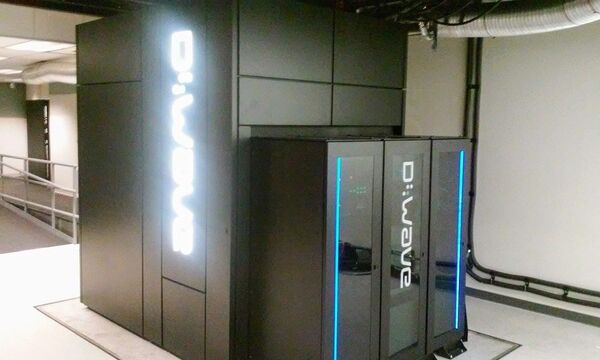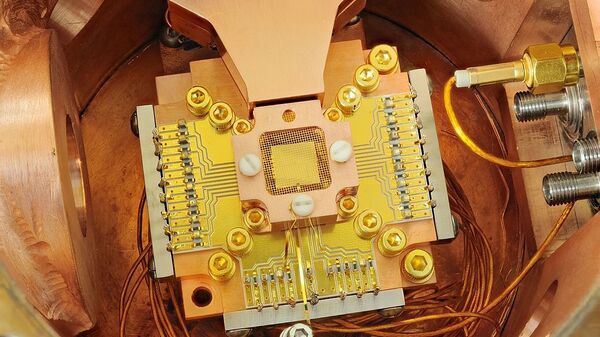A secretive start-up to create a working quantum computer, which was developed at the University of Bristol, has raised a whopping $230 million; it is thought to be one of the biggest investments to date in quantum computing, The Telegraph reports citing the data provider Pitchbook.
The Psiquantum project was founded by former Bristol professor Jeremy O’Brien, with the funds secured from a number of investors, including a venture capital fund initiated by former Google executive Andy Rubin who left the Playground Global venture fund after allegations of sexual misconduct made by a former Google employee earlier this year.
Psiquantum was developed at the University of Bristol’s Centre for Quantum Photonics headed by O’Brien who closely cooperated with Terry Rudolph, a former Imperial College London Professor, when working on the start-up. O’Brien did not comment on the fundraising.
Psiquantum’s goal is to create a commercially viable quantum computer in the next five years amid ongoing competition with Google, the IBM and a spate of other quantum start-ups.

Inherent instability of the quantum computers’ building blocks, or qubits, significantly complicates the process of creating such machines. In this vein, Psiquantum takes a unique approach to the issue by, in particular, guiding photos through grooves in silicon chips.
Google Reportedly Achieves 'Quantum Supremacy'
The start-up comes after Google recently boasted of achieving "quantum supremacy" by successfully carrying out calculations on a quantum computer that are deemed impossible for conventional ones, The Financial Times reported, citing a research paper on NASA’s website that was removed soon after publication.
Google's report claimed that the company's quantum computer managed to finish calculations for a task that was unspecified in the document in 3 minutes and 20 seconds, something which would have taken 10,000 years for a classic supercomputer.
Quantum computers are considered to be a crucial technology for speeding up calculations in the future, especially in areas such as medical research, climate modelling and cybersecurity. At the same time, researchers admit that quantum computers are still years away from solving any practical problems.
Google first assembled a quantum computer back in 2017, but the first attempt was unsuccessful, as the machine was difficult to control. The tech giant later joined efforts with NASA and has since been developing the technology in cooperation with the American space agency.

